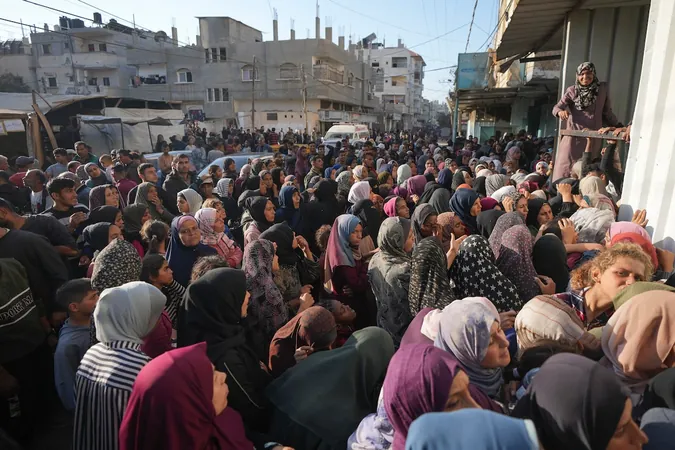
Trudeau's Bold Stand: Canada Will Arrest Netanyahu and Gallant if They Enter the Country!
2024-11-21
Author: Noah
Trudeau's Position on ICC Arrest Warrants
In a significant move shaking the international political landscape, Canadian Prime Minister Justin Trudeau has declared that Canada will adhere to the International Criminal Court (ICC) arrest warrants for Israeli Prime Minister Benjamin Netanyahu and former Defence Minister Yoav Gallant. Issued on Thursday, these warrants allege that the two leaders are involved in 'crimes against humanity,' particularly by using starvation as a weapon of war in their military operations against Hamas in Gaza.
During a press conference, Trudeau emphasized Canada’s commitment to international law: "It is really important that everyone abide by international law. This is something we have been advocating for since the conflict escalated," he stated. By affirming Canada’s alignment with ICC decisions, Trudeau is reinforcing a stance that reflects Canada’s historical role as a founding member of the International Court of Justice.
International Reaction
This unprecedented issuance represents the first instance in which a sitting leader of a significant Western ally faces accusations of war crimes from a global tribunal. In a resounding echo of this sentiment, the European Union has indicated that the arrest warrants are binding for member states. Italy and France have already expressed their intention to comply.
However, this declaration by Trudeau is not without consequences. U.S. President Joe Biden condemned the ICC’s decision, labeling it as "outrageous." In a stark contrast to Trudeau’s position, Biden stated, "There is no equivalence – none – between Israel and Hamas. We will always stand with Israel against threats to its security." The United States, which is not a member of the ICC, has previously supported the court’s actions against figures like Russian President Vladimir Putin.
Political Backlash and Support
With the prospect of an incoming government led by President-elect Donald Trump, Trudeau may face serious backlash. Senator Lindsey Graham has warned that nations supporting the ICC's actions against Israel could face repercussions, calling the ICC a "rogue and politically motivated organization." Similarly, Senator Tom Cotton criticized the court, labeling it a 'kangaroo court' and threatened any countries that attempt to enforce these warrants.
Canada’s Continued Commitment to Humanitarian Efforts
Despite these challenges, Trudeau remains steadfast. Canada’s Foreign Affairs Minister Melanie Joly reiterated, "International law needs to apply to all parties at all times," dismissing concerns from U.S. officials. Meanwhile, Netanyahu's office has condemned the ICC's ruling as "antisemitic," and Gallant has argued that it undermines the right to self-defense.
As the humanitarian crisis in Gaza intensifies, Trudeau also highlighted the urgent need for international humanitarian assistance and called for a ceasefire to ensure the protection of civilians. The Israeli military campaign in Gaza has reportedly resulted in over 44,000 deaths, with more than half being women and children, according to the Gaza Health Ministry.
Current Situation and Ongoing Discussions
Experts warn of widespread hunger, with conditions bordering famine, further exacerbated by blockades restricting vital supplies. In a recent statement, UNICEF raised alarms about the dire situation in Gaza and the urgent need for humanitarian access to alleviate suffering.
In an extension of the ICC's actions, warrants were also issued for Mohammed Deif, the head of Hamas's armed wing, who is accused of orchestrating the October 7th attacks that ignited the renewed conflict. The ICC found reasonable grounds to believe that Deif was complicit in serious war crimes.
Judicial Findings and Implications
The ICC’s three-judge panel unanimously established that both Netanyahu and Gallant bear significant responsibility for conditions in Gaza, which they claim are calculated to lead to the destruction of parts of the population. The judges pointed specifically to the lack of essential resources, including food and medical supplies, leading to extreme suffering among the civilian population.
As discussions continue on the international front regarding the situation in Gaza, Trudeau’s declaration puts Canada in a pivotal position, potentially reshaping its diplomatic relations and the global discourse surrounding the ongoing conflict. Will Canada maintain its principled stand against alleged violations of international law, or will political pressures lead to a reevaluation of this bold stance? The world watches closely as this situation unfolds.
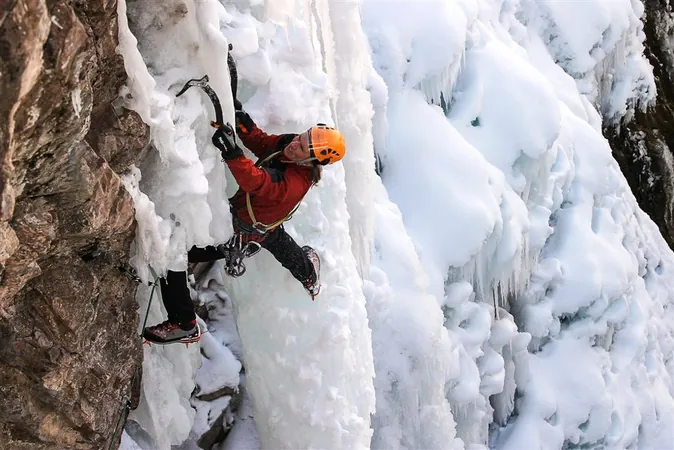
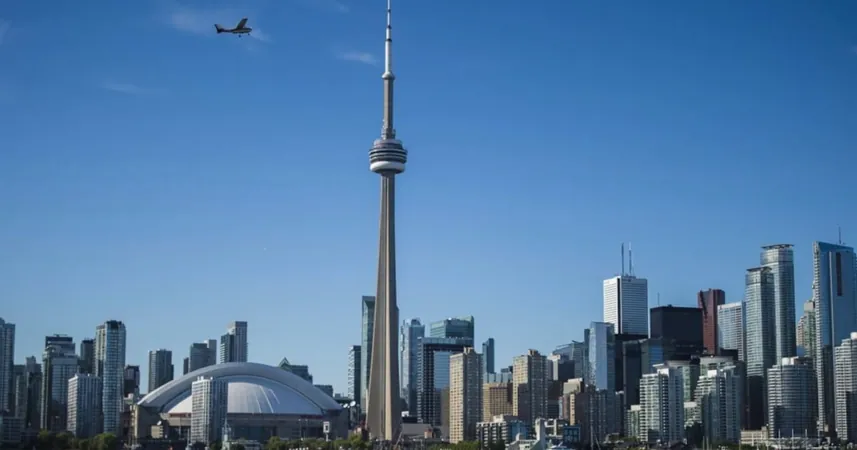
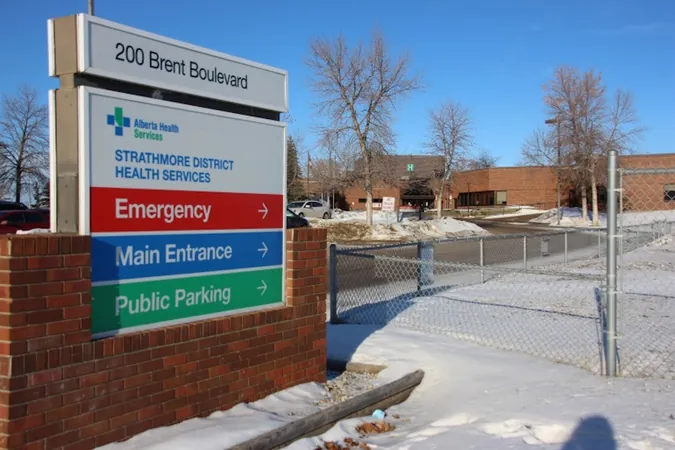
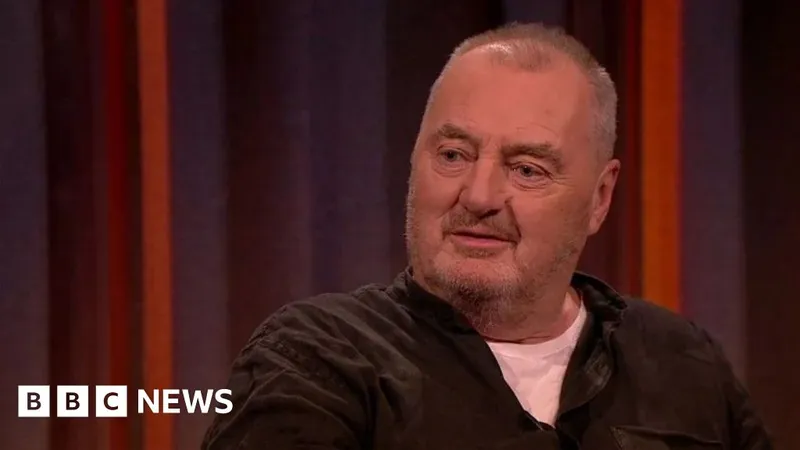

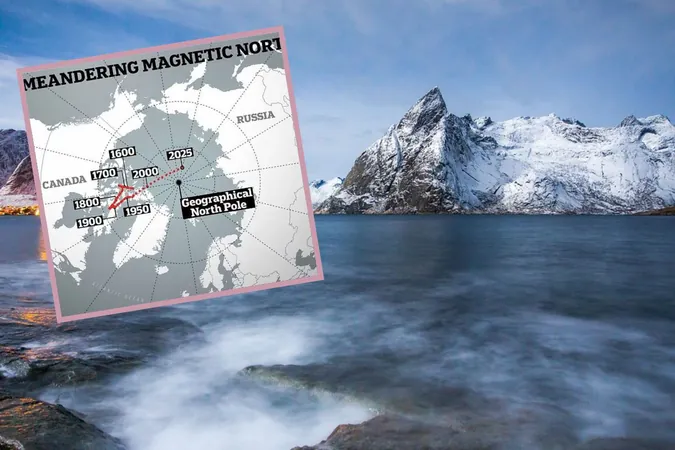

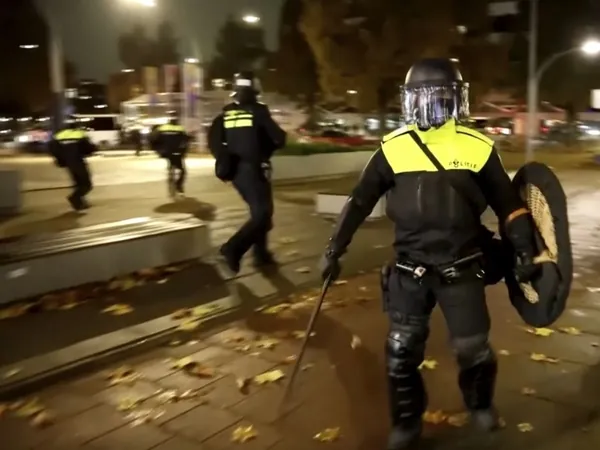
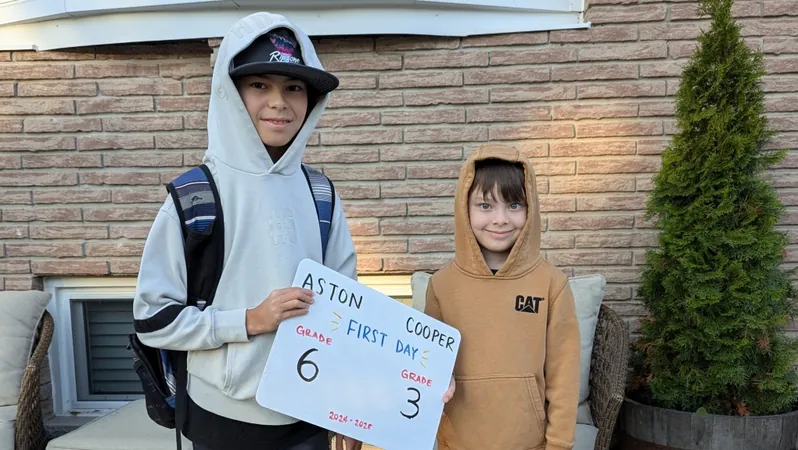
 Brasil (PT)
Brasil (PT)
 Canada (EN)
Canada (EN)
 Chile (ES)
Chile (ES)
 España (ES)
España (ES)
 France (FR)
France (FR)
 Hong Kong (EN)
Hong Kong (EN)
 Italia (IT)
Italia (IT)
 日本 (JA)
日本 (JA)
 Magyarország (HU)
Magyarország (HU)
 Norge (NO)
Norge (NO)
 Polska (PL)
Polska (PL)
 Schweiz (DE)
Schweiz (DE)
 Singapore (EN)
Singapore (EN)
 Sverige (SV)
Sverige (SV)
 Suomi (FI)
Suomi (FI)
 Türkiye (TR)
Türkiye (TR)